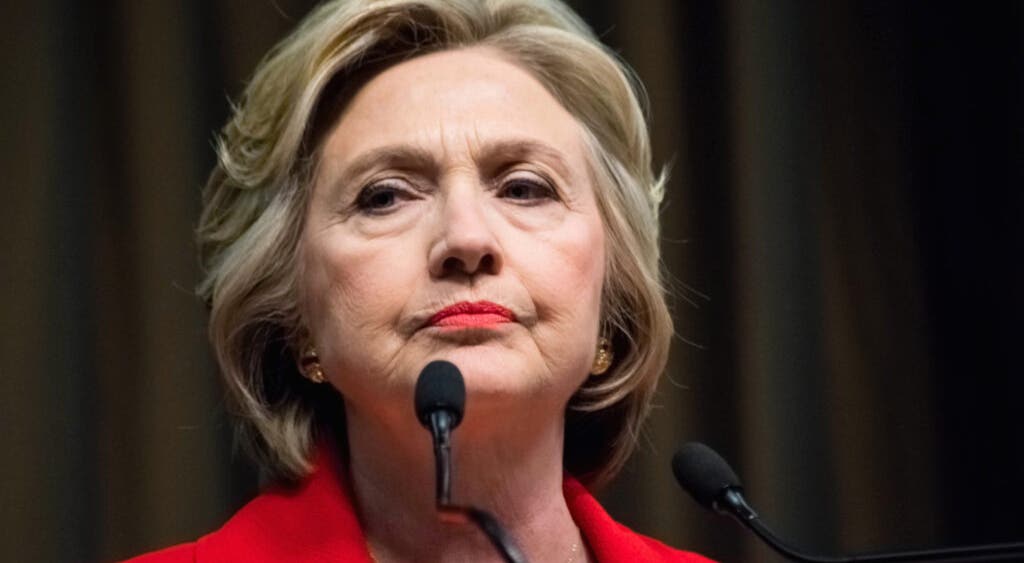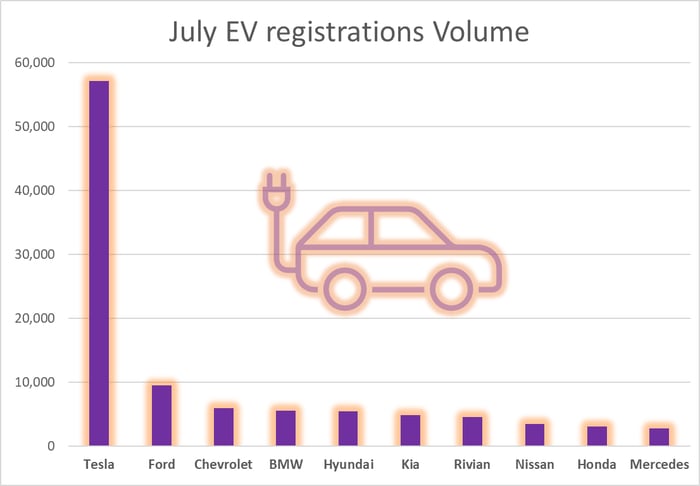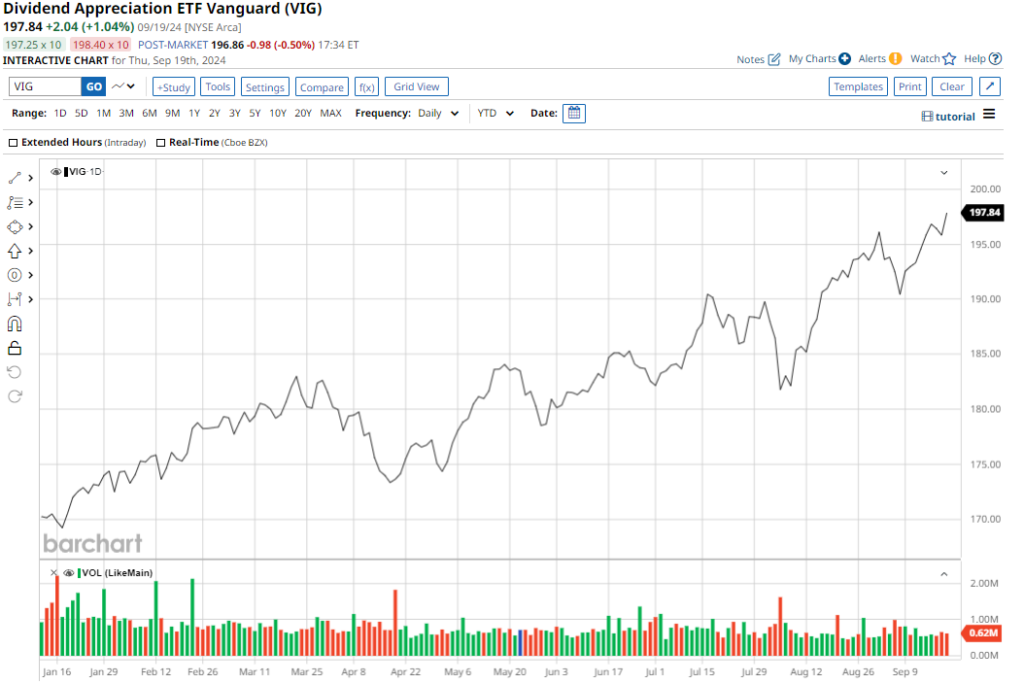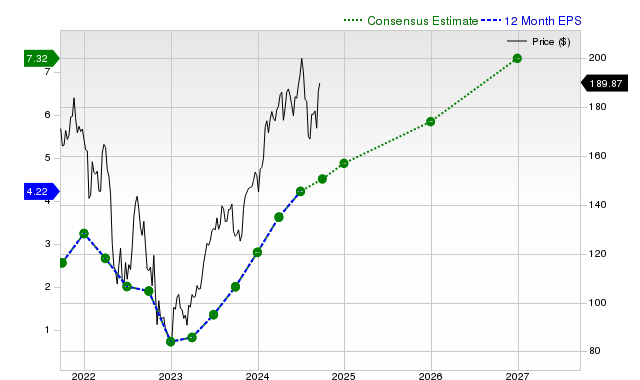
Former Secretary of State Hillary Clinton and U.S. election officials are sounding the alarm on the potential threat of artificial intelligence-generated disinformation in the upcoming 2024 presidential election.
This apprehension stems from fears that foreign entities, such as Russian President Vladimir Putin, could leverage AI to interfere in U.S. and global elections, as reported by the Wall Street Journal.
In a recent discussion at Columbia University focusing on the impact of AI on global elections, Clinton emphasized the severity of the situation, stating, “Anybody who’s not worried is not paying attention.”
She highlighted the insidious nature of AI-generated disinformation, expressing concerns that a small group of individuals in locations like St. Petersburg or Moldova could potentially incite widespread chaos through algorithmic manipulation.
Reflecting on her experiences during the 2016 election, Clinton recalled Putin’s efforts to tarnish her reputation by spreading false information across platforms like Meta Platforms, Inc., Twitter, and Snap Inc., creating a web of deceit that impacted public perception.
Despite the bipartisan Senate report confirming Russian intervention in the 2016 election in favor of Donald Trump, Russia continues to deny any involvement, leaving lingering concerns about future interference.
Looking ahead to the 2024 election cycle, election officials are preparing to combat AI-generated disinformation campaigns that could mislead voters with false information about polling locations, voting procedures, and ballot submission protocols.
While disinformation has always been a challenge in elections, the integration of AI technology has the potential to significantly amplify the speed and scale of its dissemination, exacerbating the threat it poses.
Recent incidents, such as the AI-generated robocall in New Hampshire urging voters not to participate in the primary election, have underscored the urgent need for stricter regulations to curb the spread of deceptive AI-generated content.
In response to these emerging threats, the Federal Communications Commission has moved to prohibit the use of AI-generated voices in unsolicited robocalls, signaling a proactive approach to safeguarding the integrity of electoral processes.




